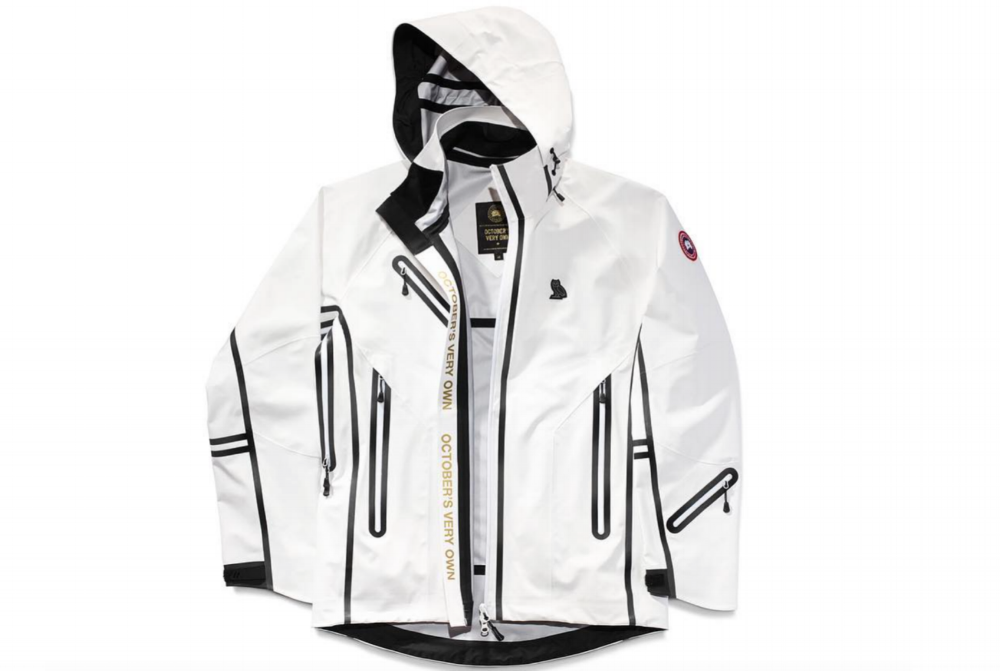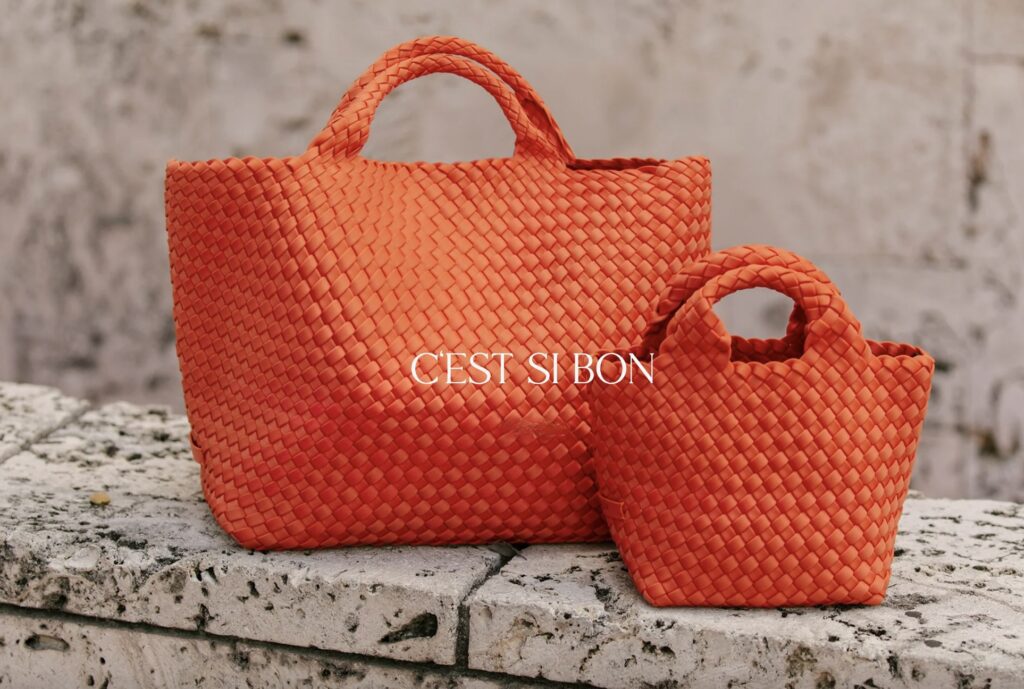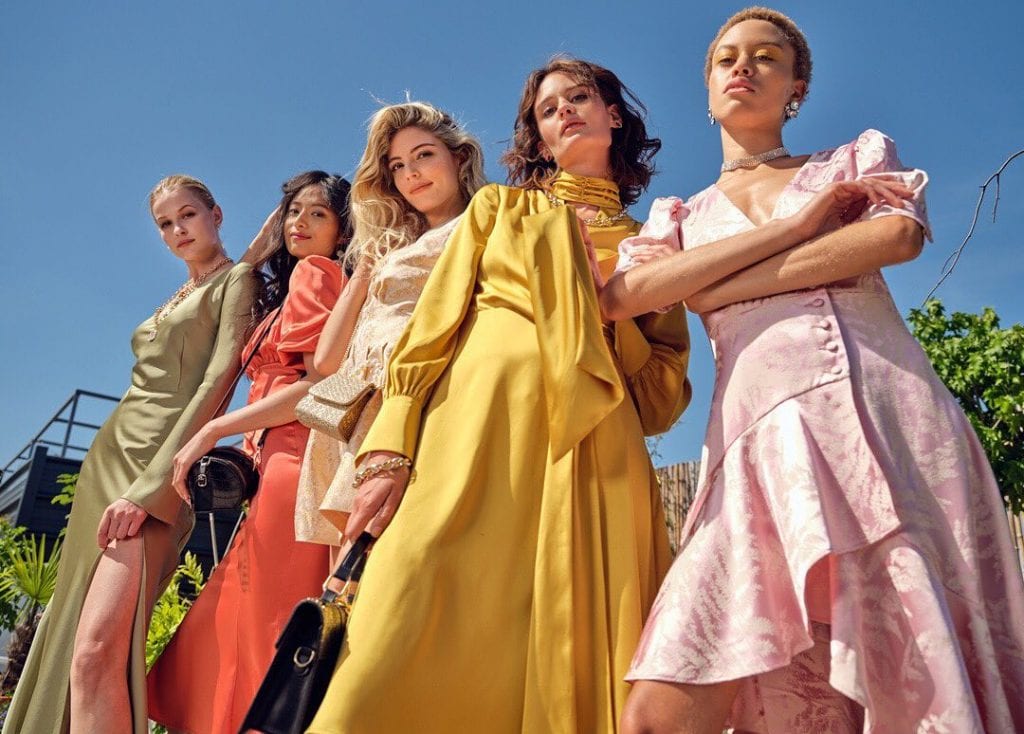Luxury goods brands routinely declare – often in unison – that fakes are not in fashion. They may not be yelling this from the runway but the countless lawsuits that are routinely filed every year in courts across the globe citing trademark infringement and dilution, unfair competition, false designation of origin, and copyright and patent infringement, among other claims, are certainly demonstrative of this. All the while, looming in the background of brands’ multi-national, multi-million dollar-plus fights against fakes has long been the question: Are there not benefits to be enjoyed from the saturation of the market with copycat products?
As The Atlantic’s Joe Pinsker rather aptly put it several years ago, “While counterfeits [may] take away from the sales of the originals they parrot, at the same time, [they] spread awareness of the imitated brand.” This assertion has been backed up by studies from a range of academics, including MIT Sloan School of Management’s Renée Richardson Gosline, who found that for many individuals, counterfeits are their first interaction with a brand, and in no small number of cases, Gosline says that individuals exposed to counterfeit goods, such as handbags, eventually develop a desire to get their hands on the real thing.
This is likely becoming an even more merited – and actually plausible – claim in light of the rise of online consignment and resale businesses, such as The RealReal and co., which are changing the narrative around buying second-hand and simultaneously, making authentic luxury goods more affordable than ever before.
Yet, publicly declaring the benefits of fakes is something that few luxury brand a spokesmen have been willing to do. That is why it was striking when Canada Goose’s chief executive officer Dani Reiss took on the topic in a recent interview with the Canadian Press.
Mr. Reiss – despite “preferring that his products not be ripped off and he’s spent considerable time and money trying to stop the flow of counterfeit Canada Goose goods from clandestine overseas manufacturers to markets where fake items are on full display or hidden in back rooms,” per the Canadian Press – admits that he has a “complicated relationship with counterfeiting.”
According to Reiss, the influx of counterfeit versions of its pricey down jackets, particularly in in Asia, where Canada Goose recently opened stores in Beijing and Hong Kong, “helped raise awareness … for people who perhaps didn’t know who we were until we were being counterfeited.”
It is a “backhanded compliment of sorts,” he says, and Joanne McNeish, an associate professor of consumer marketing at Ryerson University agree. “No one copies something that nobody knows about. It suggests a certain amount of brand recognition,” she states.
Putting aside for a moment the direct bottom-line impact and brand tarnishment that comes with market saturation-by-counterfeit and the often low-quality of the copycat wares (which can be damning for consumers that have been duped and think they have purchased the real thing), McNeish asserts that brands can find opportunities in a flurry of counterfeit activity, at least from a strategic standpoint. She claims that “companies might see counterfeiting of their products in some markets as a sign of demand in that particular region that can be used to guide their expansion plans.”
These potential upsides must, of course, be measured against the unavoidable duty of trademark holders to police the market for unauthorized uses of their marks in order to maintain exclusive rights in those marks, which are, after all, some of their most valuable assets.
* This article is part of a larger series, entitled, “Counterfeiting: The Big Business of Fakes,” which endeavors to examine the state of counterfeiting in 2018 in the United States and beyond in connection with everything from luxury and high fashion products to the black market for automobiles and cigarettes.











